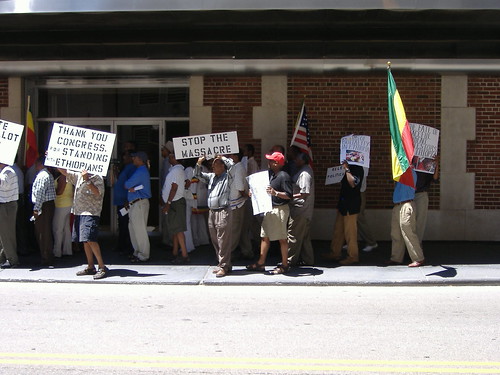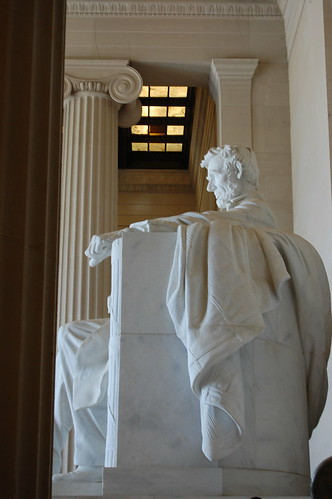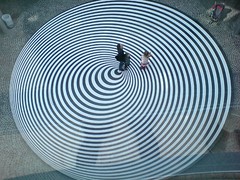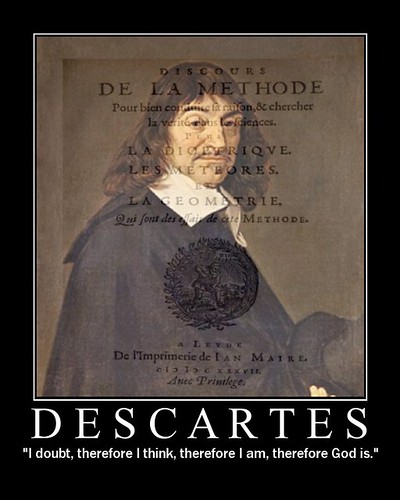Something which isn't seen is not there unless it is made aware to us in one of our senses. Chaos plays mind tricks, it captures the imagination. It allows what is KNOWN to be applied to the ideals of what is not known. Illness is perpetuated by the idea of illusions.
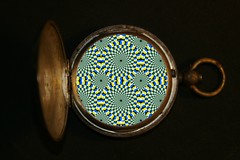
The best case and worst case upon which a doctor can perpetuate in a patient gives them hope; and fear. An idea of what could happen pushes the mind, while it takes more to give the good news more thought. For the majority of humans it is a difficult action to kick out the bad ideas, and thus the illustrations being presented to them happen to be of the worst case.
Building
Building is a process becoming aware of something which is not necessarily known too us. Ghosts are not something that is typicaly able to be aware of from a young age. Had not a single individual told of the idea of Ghosts then there would be no imagination to perpetuate the idea of Ghosts.

This idea is built from the ground up into a consistent state in the mind. It is not something that nags, but it sits there; and all the stories associated with the idea are sitting in the same status. Ergo when an individual is in a dark room and hear a creaking noise they may end up thinking about what is associated with that noise; and how they've been built to respond too it.
Without this the idea is nonexistent. With in all items of the mind and universe however it is purely random. The idea is like any other idea, made up of a bunch of stories mixed into one; or randomly thought of. It is built through culture which determines how it will be treated.
Goals
Why perpetuate something which is made up? Most of the time it is just habit and culture perpetuating the ideas which can be considered an Illusions. Without looking at the ideas and reasons behind a so called illusion; we are left at the understanding of having absolutely no path to finding why it existed. For the basis of an illusion must be in its goals.
Goals are the reasons why some kind of illusion is perpetuated. In the most part this is done in order to offset something in the mind. For example; faith knows no name at birth. Instead it is taught for a specific reason. Faith is an illusion with a clear goal.
Life as an Illusion
Reason is supposed to dominate modern life versus faith. However faith and reason are in the end illusions and thus opinionated. We can not look far beyond this idea to gain the fundamental truths with in society. This can only be done through a mathematic principle as both Science and Humanities is unable to answer this in a successful method.

The best path to understanding the universe is through mathematic principles. For life its understanding where illusions come from and identifiying the past and present goals. None of these goals are invalid, and none are correct; instead they are stands, and something solid which can be made out of a young philosopher.



